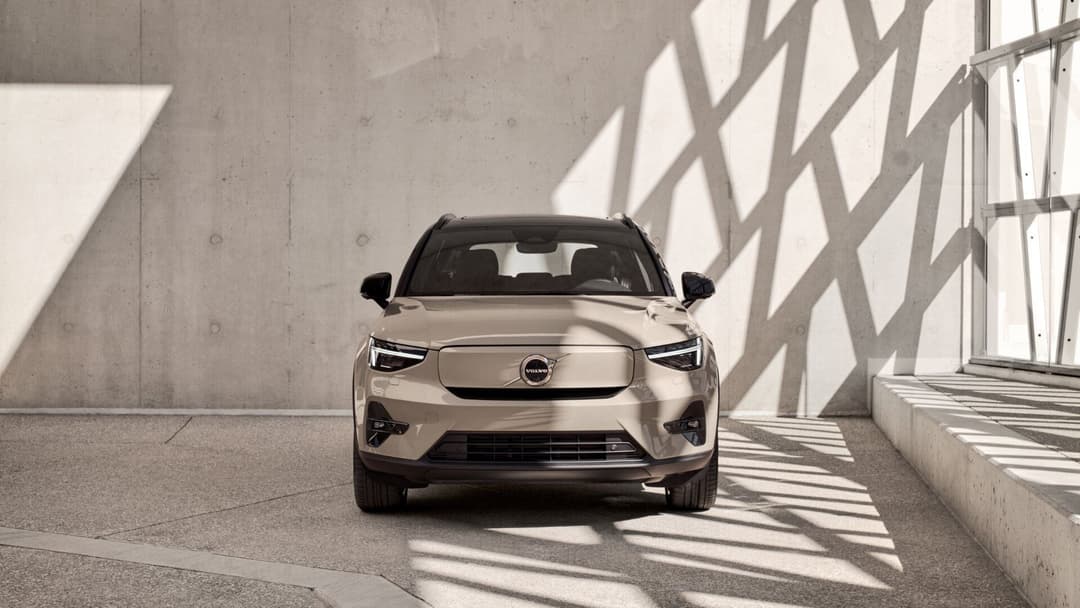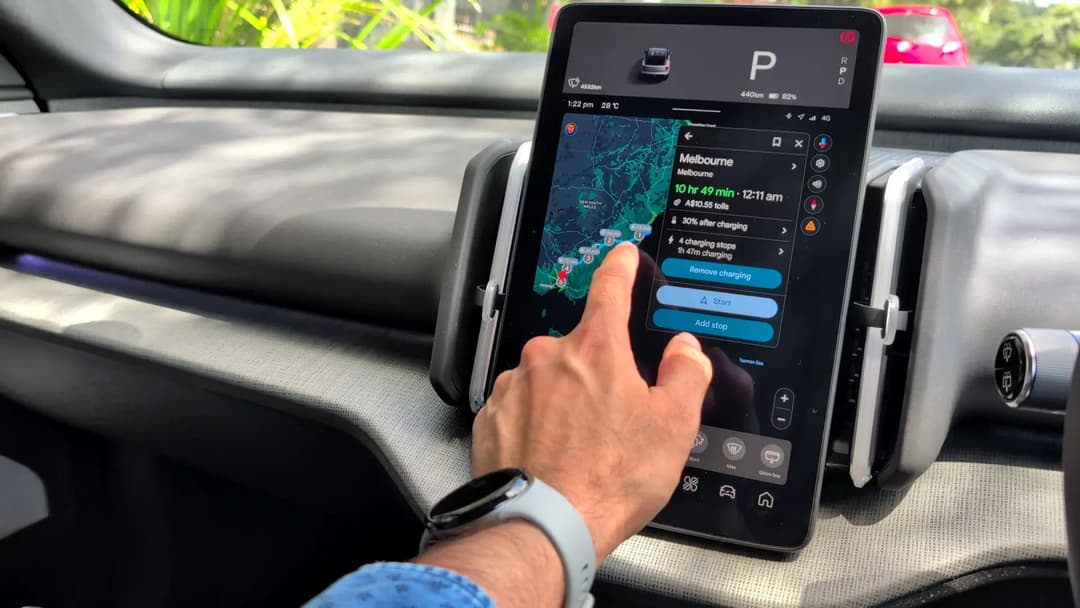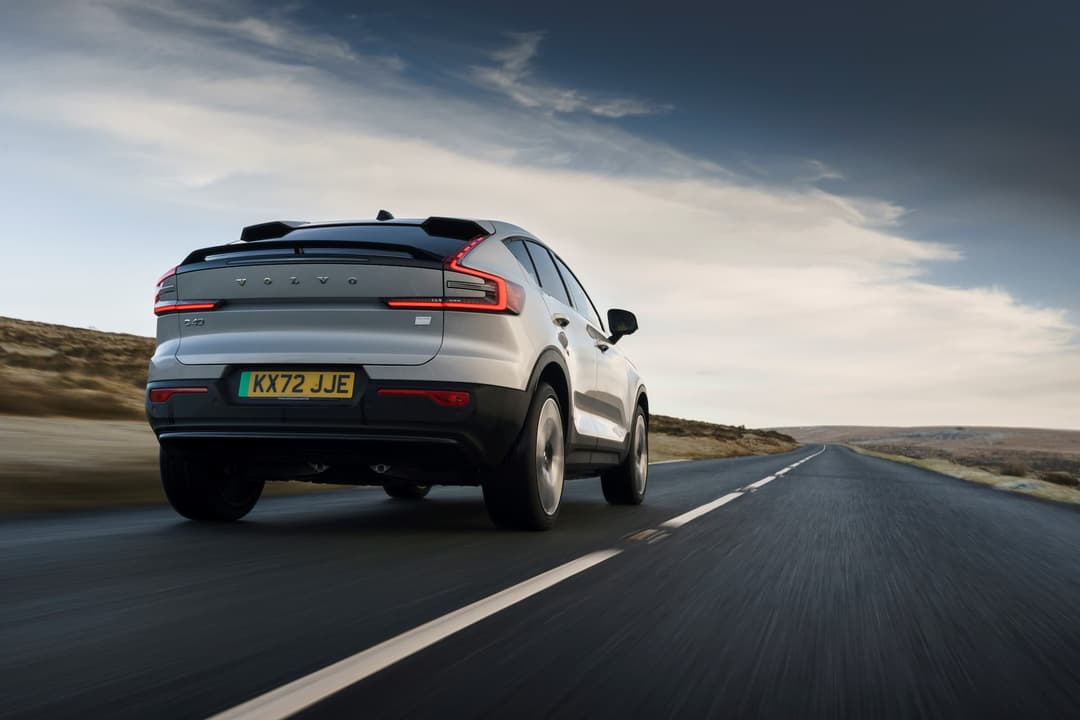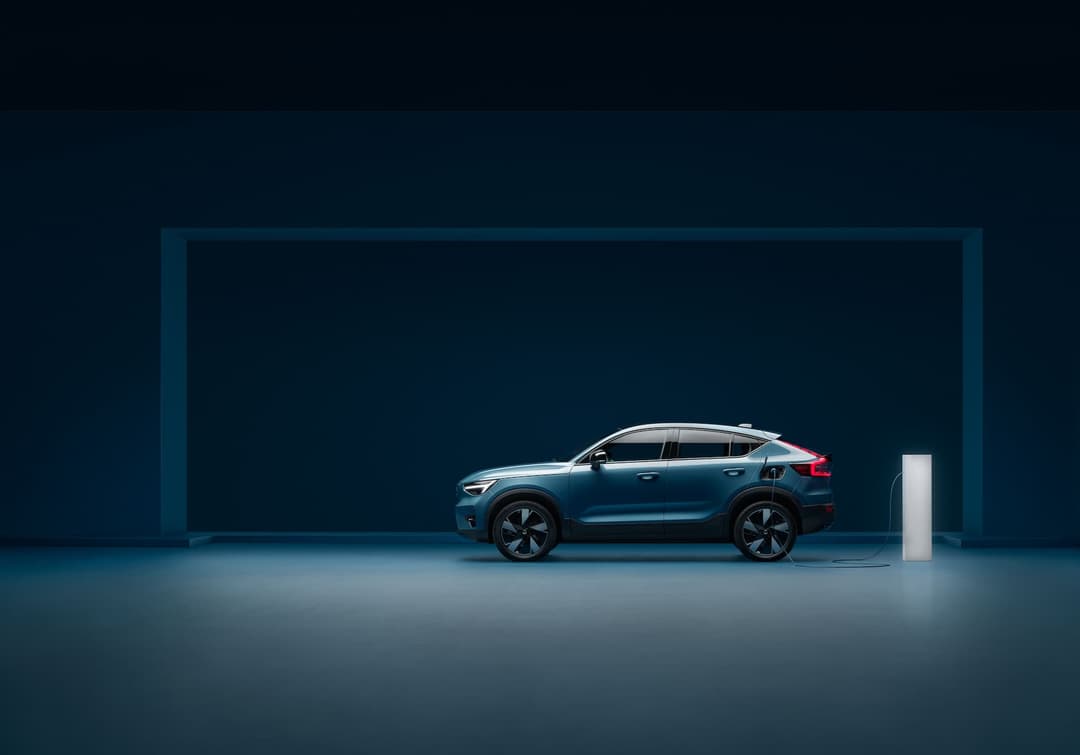Volvo Australia has stepped back from its ambitious plan to go fully electric by 2026, acknowledging that local consumer demand and market conditions have evolved. The Swedish carmaker still has its sights set on an all-electric future, but it now concedes that the transition won't happen as quickly as originally planned.
The move marks a shift from Volvo's earlier strategy, which aimed to phase out petrol and hybrid models four years ahead of its global timeline. At the time of the announcement in 2022, Volvo would have positioned itself as a trailblazer among luxury brands in Australia, second only to its electric-only sibling, Polestar. However, the reality of the EV market today tells a different story.
▶️MORE: EVs and PHEVs Break New Sales Record in Australia

Why the Change of Heart?
Volvo Australia's managing director, Stephen Connor, told Drive that while the company remains committed to an electric future, it must adapt to "consumer sentiment and demand."
"What's happened since announcing that we'll be fully electric in 2026... the world has moved on even in two years. I'm amazed at how quickly the automotive industry is moving at the moment – and it's moving at such a pace," Connor said.
Connor highlighted that when the EV-only plan was first announced, it was always contingent on customer demand and product availability. However, Australia's EV adoption rate has not accelerated as expected, with many mainstream buyers still hesitant about factors like charging infrastructure, range anxiety, and affordability.
▶️MORE: Comprehensive Guide on Bidirectional Charging

EV Sales: The Reality Check
Volvo saw impressive growth in EV sales locally, with electric models accounting for nearly 43% of its deliveries in 2024—up from 12% in 2023. However, the brand's overall sales in Australia dropped 20% last year, slipping from 11,128 to 8,898 vehicles. To stick to its original 2026 target, Volvo would have needed to push EV sales to about 70% by next year, an unlikely feat given the recent slowdown in electric vehicle sales.
While early adopters flocked to EVs, the next wave of mainstream buyers has been more cautious, particularly in the premium segment. Plug-in hybrid (PHEV) models, rather than full battery-electric vehicles, have emerged as the fastest-growing category in the market, reflecting consumer concerns about infrastructure and convenience. The FBT exmption may have also played a role in choosing a PHEV over petrol offerings.
▶️MORE: Volvo EX30 Review

What This Means for Australian Buyers
For Aussie drivers considering a Volvo, petrol and hybrid options will remain available longer than initially expected. The highly anticipated EX90 seven-seat electric SUV is just arriving in Australia, with the EX60 mid-size SUV, a key rival to the Tesla Model Y, is still a couple of years away. Meanwhile, an updated XC90 with a petrol engine will now be offered locally, a move that would not have happened under the original 2026 plan.
Connor remains optimistic about Volvo's EV push but acknowledges that agility is key. "We've learned in a couple of years... there's no point pushing forward with a strategy if our consumers aren't ready for it," he said.
He also reiterated that once buyers transition to an EV, they rarely return to petrol or diesel. However, a level of "nervousness" still exists among some consumers, which Volvo intends to address by ensuring it has a full range of offerings until demand fully shifts to electric models.
▶️MORE: Volvo EX30 Bidirectional Charging (V2G and V2H) Successfully Trialled

The Bigger Picture: Volvo's Future in Australia
While Volvo is no longer fixated on a 2026 EV-only deadline, Connor suggests the brand could still reach that goal before 2030. "Will it be 2026? We don't think so, but we are not ruling out when it will be at the moment because, obviously, the world is changing," he said.
The company will monitor consumer demand, infrastructure improvements, and market trends before setting a new date for full electrification. According to Connor, Volvo's global headquarters did not force the rollback of the 2026 target; rather, it was a "local decision based on market conditions."
▶️MORE: When is V2G Really Coming to Australia? An Energy Insiders Take
Stay up to date with the latest EV news
- Get the latest news and update
- New EV model releases
- Get money savings-deal
